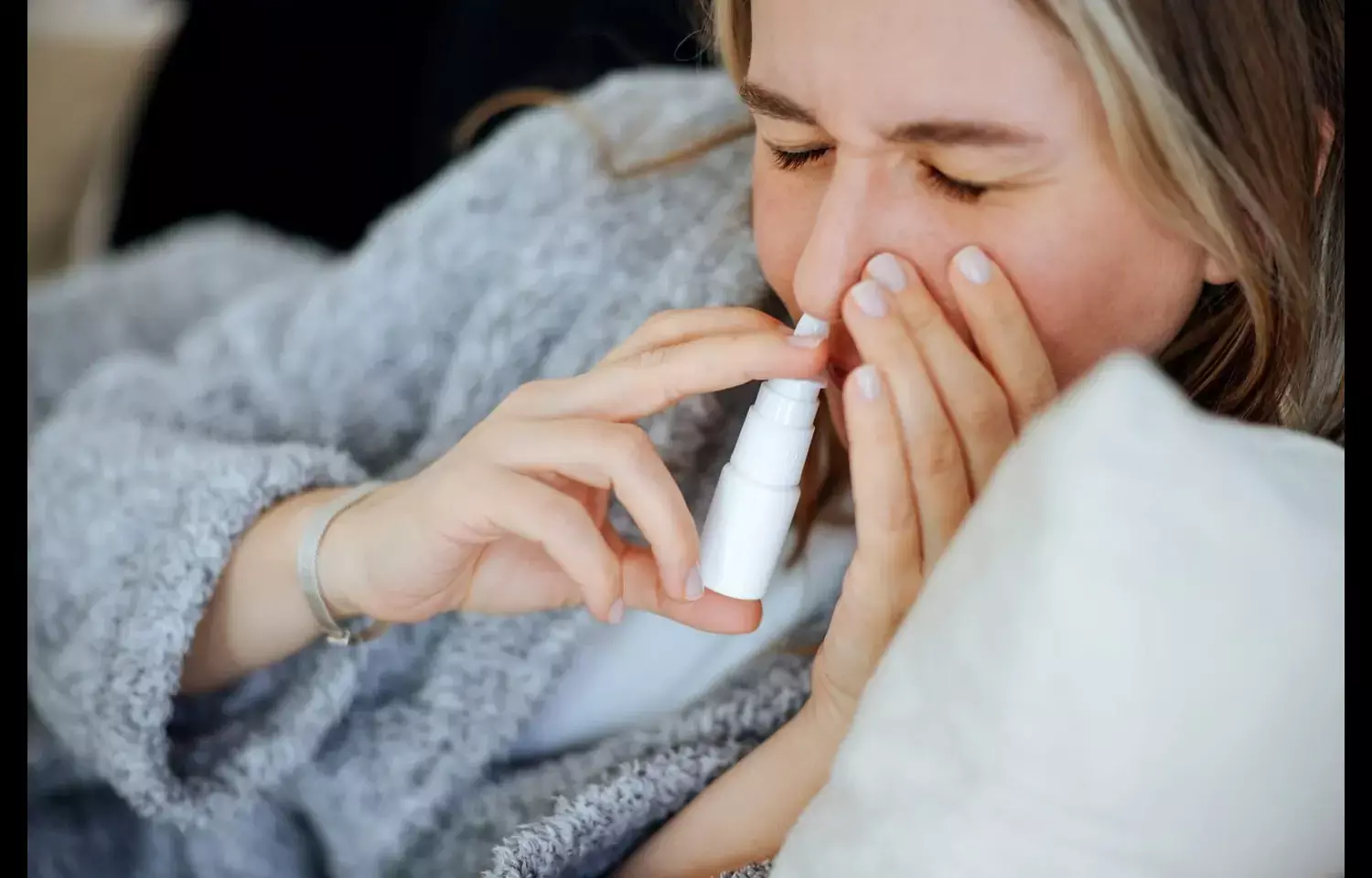- Home
- Medical news & Guidelines
- Anesthesiology
- Cardiology and CTVS
- Critical Care
- Dentistry
- Dermatology
- Diabetes and Endocrinology
- ENT
- Gastroenterology
- Medicine
- Nephrology
- Neurology
- Obstretics-Gynaecology
- Oncology
- Ophthalmology
- Orthopaedics
- Pediatrics-Neonatology
- Psychiatry
- Pulmonology
- Radiology
- Surgery
- Urology
- Laboratory Medicine
- Diet
- Nursing
- Paramedical
- Physiotherapy
- Health news
- Fact Check
- Bone Health Fact Check
- Brain Health Fact Check
- Cancer Related Fact Check
- Child Care Fact Check
- Dental and oral health fact check
- Diabetes and metabolic health fact check
- Diet and Nutrition Fact Check
- Eye and ENT Care Fact Check
- Fitness fact check
- Gut health fact check
- Heart health fact check
- Kidney health fact check
- Medical education fact check
- Men's health fact check
- Respiratory fact check
- Skin and hair care fact check
- Vaccine and Immunization fact check
- Women's health fact check
- AYUSH
- State News
- Andaman and Nicobar Islands
- Andhra Pradesh
- Arunachal Pradesh
- Assam
- Bihar
- Chandigarh
- Chattisgarh
- Dadra and Nagar Haveli
- Daman and Diu
- Delhi
- Goa
- Gujarat
- Haryana
- Himachal Pradesh
- Jammu & Kashmir
- Jharkhand
- Karnataka
- Kerala
- Ladakh
- Lakshadweep
- Madhya Pradesh
- Maharashtra
- Manipur
- Meghalaya
- Mizoram
- Nagaland
- Odisha
- Puducherry
- Punjab
- Rajasthan
- Sikkim
- Tamil Nadu
- Telangana
- Tripura
- Uttar Pradesh
- Uttrakhand
- West Bengal
- Medical Education
- Industry
Azelastine Nasal Spray May Lower COVID-19 Infection Risk: JAMA

Researchers have found in a new study that azelastine nasal spray may help reduce the risk of SARS-CoV-2 infection.
Azelastine, a second-generation antihistamine with anti-inflammatory properties, has been widely used for allergic rhinitis and other nasal conditions. Its potential antiviral effects, particularly against coronaviruses, have drawn attention since the onset of the COVID-19 pandemic. The new study, published in JAMA Network Open, investigated whether azelastine nasal spray could reduce the incidence of SARS-CoV-2 infection in individuals at risk. The randomized controlled trial included participants who were exposed to COVID-19 in the community or through close contact. Participants were assigned to receive either azelastine nasal spray or placebo, with follow-up monitoring for infection outcomes confirmed by PCR testing. Results indicated a lower incidence of SARS-CoV-2 infection in the azelastine group compared to placebo, suggesting a potential protective effect. Importantly, the spray was well tolerated, with only mild and transient local side effects such as nasal irritation reported. The mechanism is thought to involve azelastine’s ability to reduce viral replication and modulate local inflammatory responses in the nasal mucosa, which is a primary site of SARS-CoV-2 entry. Researchers noted that the nasal cavity serves as the initial reservoir for viral colonization, making topical prophylactic interventions a promising area of study. While the findings are encouraging, the authors emphasized that azelastine nasal spray should not be seen as a replacement for established preventive measures, such as vaccination, masking, and antiviral therapies. Rather, it may serve as an adjunctive option, particularly in high-risk individuals or settings where exposure risk is elevated. Larger multicenter trials are needed to confirm efficacy, define optimal dosing regimens, and explore its role in post-exposure prophylaxis. In conclusion, azelastine nasal spray demonstrates promise in reducing COVID-19 infection risk, with a favorable safety profile. If validated in larger studies, it could represent a cost-effective, accessible preventive strategy in pandemic management.
Keywords:
azelastine, nasal spray, COVID-19, SARS-CoV-2, infection prevention, antihistamines, antiviral therapy, JAMA Network Open, Schmidt, H., Weber, F., Keller, M.
Dr. Shravani Dali has completed her BDS from Pravara institute of medical sciences, loni. Following which she extensively worked in the healthcare sector for 2+ years. She has been actively involved in writing blogs in field of health and wellness. Currently she is pursuing her Masters of public health-health administration from Tata institute of social sciences. She can be contacted at editorial@medicaldialogues.in.


